A recent workshop discussion led to this question: what kind of communicator are you, really? What are the best practices to adopt in order to be a great communicator? The class participants thought about what kind of attitudes we sometimes bring to communication, and came up with this list of best practices.
As you read the list below, be aware that we tend to judge ourselves not by our actual behavior but by our intentions: “I meant to listen; it’s just that I was so busy when you called…” While it is true that your heart is probably in the right place, the pressures of time, stress and multi-tasking can undermine those best intentions and leave you with less-than-desirable behavior.

Here are some hallmarks of the approach great communicators consistently take:
- Be polite, respectful in communication. Do you say “please” and “thank you?” Do you check with the person to see if this is a good time for them? Or do you bark out orders on your way past them?
- Be sincere. Do you really notice the others around you? Do you see them as whole people with lives and feelings? Or just as someone who can do something for you–or get in your way? When you travel, do you take time to notice all the people who serve you, from the taxi driver to the flight attendant? Do you take a moment to reaffirm the people around you, and to show them sincere appreciation?
- Be professional. Do you watch your language or let it fly? Do you have good grammar? Do you speak clearly? Do you have an obnoxious laugh? Do you tell dirty jokes? Do you gossip? Or do you try to speak professionally everywhere you go, knowing that “you never know” who might be listening.
- Be patient. Yes, you are under stress. Probably so are those around you. When you travel, do you shout at drivers ahead of you? Or are you like the passive-aggressive traveller behind me in the “professional traveller” security line who kept grumbling criticism of those ahead of him? Those stressful times are exactly when you should remind yourself to breathe.
- Be empathetic. Sometimes it feels good to vent, but not so good for the person on the receiving side. Take time to ask yourself how that person facing you feels. A smile and thank you could really help someone, and cost you very little. A brief apology if you have been unkind may make both sides feel better.
- Think, plan and prepare before talking, typing or sending. Of course you are in a hurry. Of course you are thinking of three (or ten!) things at once. But before you shoot off that hurried e-mail, think it though. Before you call someone onto the carpet, be sure you are speaking with the right person, at the right time. Before you send that newsletter, e-mail, invitation, or any other document, clear your mind and re-read it. Watch out for incomplete sentences, typos, and fuzzy thinking.
Communication is a complex, important human skill that requires your full attention. Be a great communicator. Check your communication approach.
 Sections of this topic
Sections of this topic
















